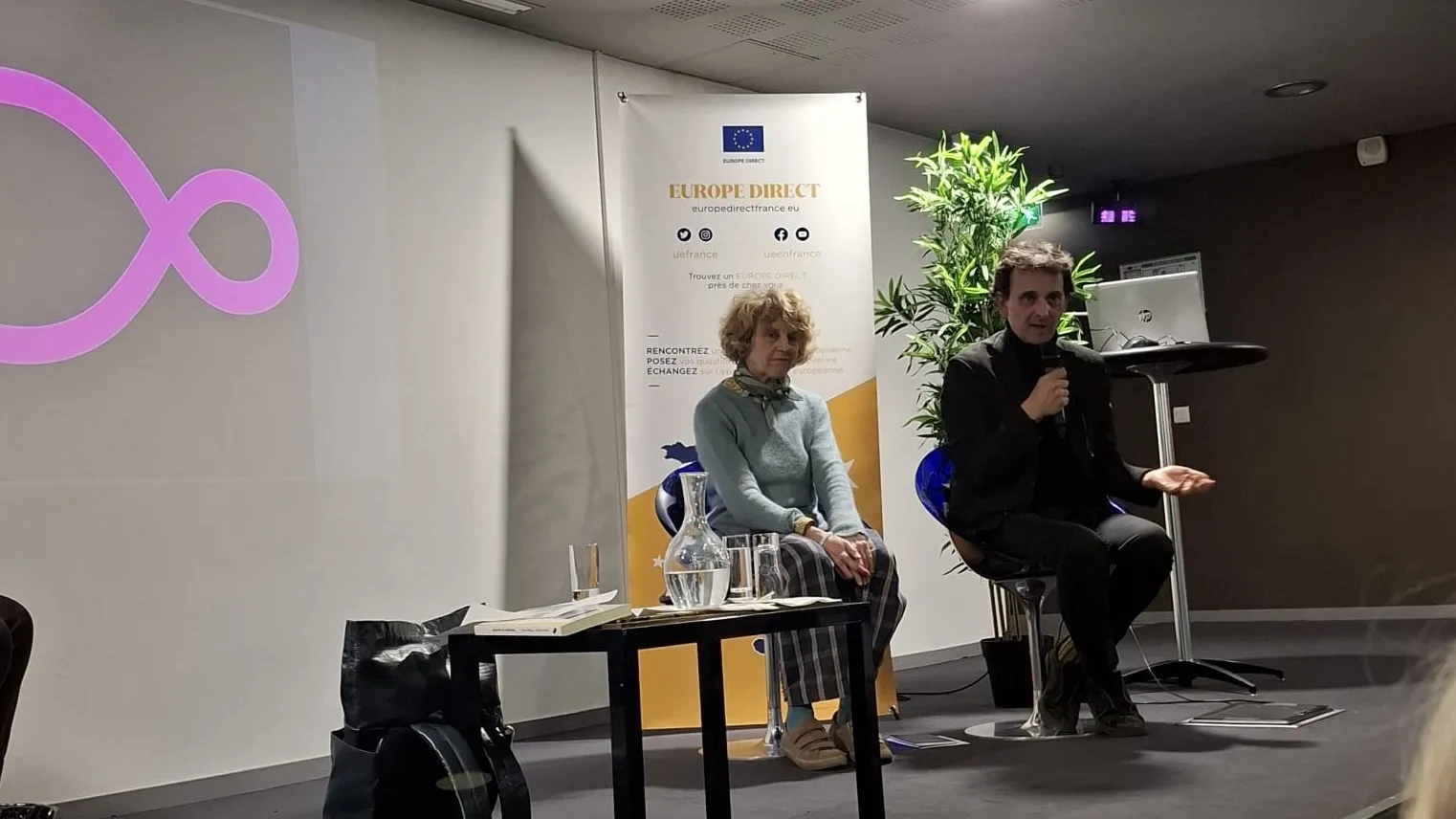What can we
help you find?
Ricerche suggerite

Maison de l'Europe in Paris, Paolo Naldini brings demopraxy to “Culture as a vehicle for creative democracy” conference
This afternoon, the French capital's MdEP is hosting an event focusing on the possibility of including a hypothetical 18th Sustainable Development Goal - in the future UN Agenda 2050 - dedicated to culture. Speakers at the meeting - which brings together experts, influential guests and citizens - include Paolo Naldini, director of Cittadellarte, who has been invited to illustrate the peculiarities and impact of the demopratic method.
The 2030 Agenda is an action agenda for people, planet and prosperity. Signed on September 25, 2015 by the governments of the 193 member countries of the United Nations, and endorsed by the UN General Assembly, the Agenda consists of 17 Sustainable Development Goals framed within a broader action agenda of 169 targets or goals, associated with them, to be achieved in the environmental, economic, social and institutional spheres by 2030. The targets set for sustainable development have global validity, affecting and involving all countries and components of society, from private enterprises to the public sector, from civil society to information and cultural actors. Yet, referring to this last point, there is a controversy, or rather an absence, that is jarring: the lack of presence, clearly and comprehensively, of culture in the 17 development goals. Also in this wake, today (Thursday, March 20), the Maison de l'Europe in Paris is hosting the 18th Sdg - Culture as a vehicle for creative democracy event, an appointment dedicated to reflection and discussion on a hypothetical 18th sustainable development goal dedicated to culture, to be included - hopefully - in Agenda 2050. This goal is based on the concept of democratic culture, understood as culture that is accessible, equitable, free from social inequalities and hierarchies, and open to dialogue and the future.
The initiative includes a debate that brings together experts, influential guests and citizens, “because democracy,” the organizers emphasize, "is based above all on the inclusion and participation of everyone. It is therefore an open forum, a real space for participatory discussion, offering the opportunity for an in-depth dialogue on four distinct topics: education, teaching and culture; culture and local, national and international political action; territory, cities, places, urban planning and heritage; and art, media, culture and democracy. Speakers scheduled for the occasion (full list of guests in the poster above, ed.) included Arnaud Ngatcha, deputy mayor of Paris with responsibility for Europe and international relations; Alexandre Navarro, secretary general of the French National Commission for UNESCO; Aurèlie Filippetti, director of Cultural Affairs of the City of Paris and former minister of Culture; and Paolo Naldini, director of Cittadellarte. The latter focused on demopraxia, which he conceived and theorized, explaining what the demopraxia method consists of and highlighting in what contexts and organizations it has been successfully adopted. The day will conclude with the opening of a collective art exhibition featuring the works of 18 artists, winners of a European art competition launched in June 2024 by Maison de l'Europe in Paris and Coop-Cité.





